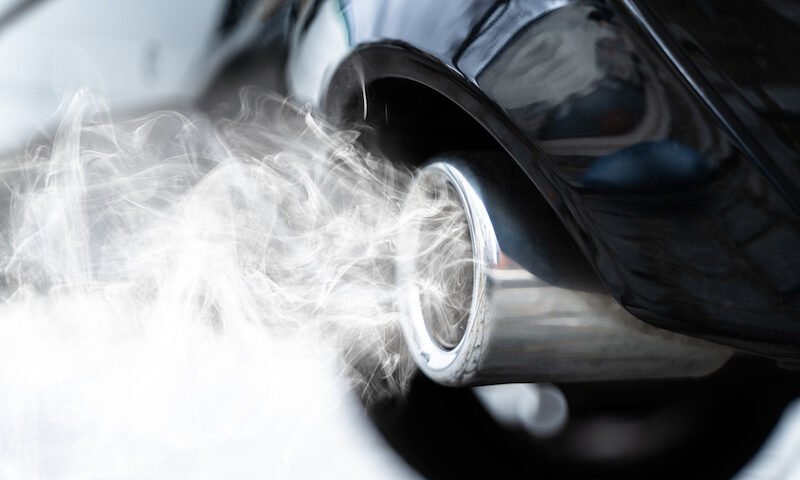Getting to grips with the diesel ban

| The UK government plans to ban diesel car sales by 2030.
But why are we moving away from this fuel type? And what does this mean for owners of diesel-run vehicles? Looking at diesel in the rear-view mirrorThe diesel car ban, first announced in 2020, is part of a plan to reduce the UK’s contribution to climate change. Banning diesel, along with petrol, is part of an overall strategy to cut carbon emissions in the UK. The government intends to replace combustion-engine vehicles with battery-powered ‘zero emissions vehicles’ (ZEVs), to achieve a net zero level of carbon emissions by 2050. Driving on diesel in 2030Talk of the ban has left car owners wondering if they will be allowed to use their diesel vehicles after 2030. The answer is yes, as the regulations will only apply to the production and sale of new diesel-run vehicles. Brits will be allowed to drive already-owned diesel vehicles after 2030 until they are ready to change to a car running on alternative fuel. Brits will also still be able to buy used diesel vehicles at this time. However, drivers interested in eco-friendly vehicles have plenty of options if they want to make the switch. Fully electric vehicles are gaining popularity on the market as they don’t produce any exhaust emissions. Some hybrids will also be worth considering for the time being, as 2035 is the planned ban date for these in the UK. Keep in mind that if you’re loyal to your car brand or model, the ban won’t necessarily mean you have to say goodbye. Most carmakers are shifting their entire ranges to electric, so a new version of your old favourite might be in the pipeline. Buckling up for the year ahead? Read this important 2023 motoring information before hitting the road. |


